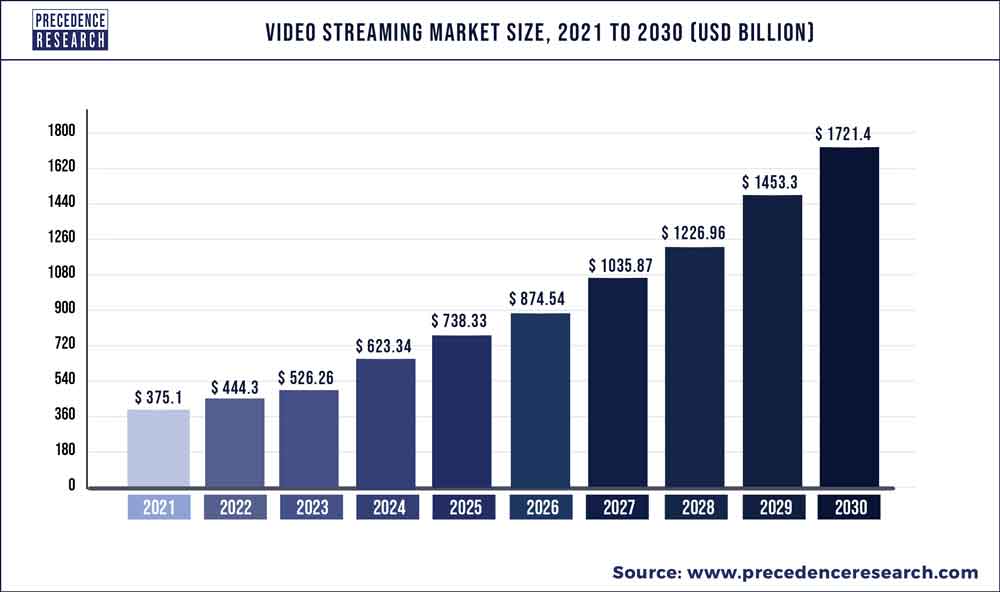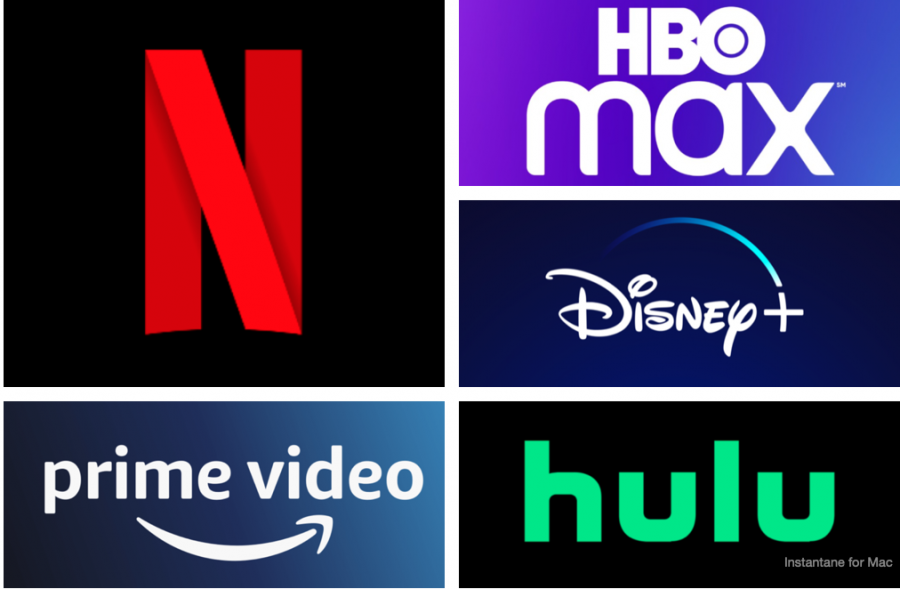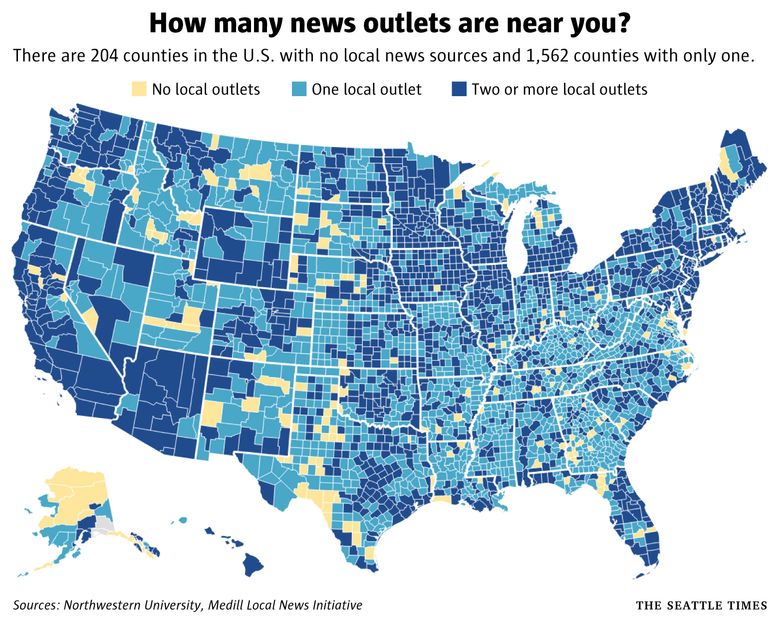As I listened to my peers' presentations, I began to realize just how quickly media and policy adapt to fit the values and priorities of society at a given time. In the last few decades, we've entered into, what I would refer to as, an extreme digital world. Everything we do, watch, listen to involve the use of some sort of technological invention.
Cutting the Cord
Cable television first became available in the U.S. in 1948, and by 1968, only 6.4% of American households had cable television. From here, the percentage only continued to rise.
Cutting the cord, however, refers to the cancellation of cable television by families in favor of wireless methods of receiving programming. These new programs include internet protocol television, digital terrestrial television and satellite television.
Internet protocol television is television programming streamed over the internet, such as Netflix, Hulu or HBO Max. These popular streaming platforms are common in almost every American household today and have really taken over television industry.
Furthermore, digital terrestrial television is television transmitted using radio frequencies, and satellite television is television received through satellite, typically a paid subscription though cord cutting often refers to free to air satellite televisions.
Households are cutting the cord mainly because of the high price of cable television and the advantages of other mediums of entertainment. They are cheaper, provide a wider variety and are more convenient.
 |
| This is a prediction for the increasing video streaming market size, going all the way to 2030. |
The Effects of Embracing Wireless Programming
My peer, Kenny, discussed the transition to a different kind of commercial content as the length of advertisements have decreased. The audiences affected by commercial advertisements have also changed with the introduction of streaming platforms.
Wealth, age and location all become factors in determining how commercial advertising will impact a viewer. Those that are more wealthy will have to watch less ads as they are able to pay more to bypass them. Similarly, those that live in rural areas may not have access to the internet compared to those living in urban areas. 
Click here to read more!
This also allowed me to question how my own use of streaming platforms has affected my media consumption, as well as the advertisements that I watch. Streaming platforms allow me and others in my generation to over-consume and even binge-watch television shows. These platforms, along with the rise of social media platforms, are leading individuals to develop unhealthy habits when it comes to the amount of time spent staring at a screen.
On a Path to News Deserts
Television news is also being negatively impacted by those that are cutting the cord. As television news becomes less popular, new forms of spreading information rise. I know many teenagers and young adults who absorb most of their news from social media rather than trustworthy sources.
In her presentation, Halle discussed the concept of "news deserts," or a community that is not covered or reached by any sort of local news coverage. These have more commonly appeared as a result of the 50% reduction in careers in journalism since the 1990s. There has been a net loss of almost 2,000 local newspapers from 2004 to 2018.
This reduction in both print and broadcast news media will have a serious impact on the public's knowledge when it comes to local elections, events and issues. We must ask ourselves if the rapid change in technology and media is truly benefitting our society or causing us to disregard the older technologies that worked for so long? Are we losing more than we're gaining?
Click here to read more about America's news deserts from The Seattle Times!



No comments:
Post a Comment